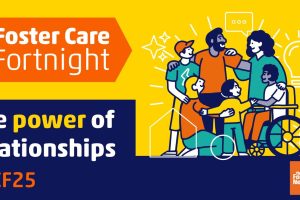Alcohol Awareness Week

Alcohol Awareness Week will run from the 13th-19th of November. The main aim of this campaign is to raise awareness of the effects, implications and consequences of alcohol it has on yourself, families and the community.
According to Alcohol Concern, alcohol is linked to over 60 medical conditions and can not only affect the liver but has links to diabetes, depression and cancer. It has a major impact on our body, which most of us don’t realise and can cause severe damage. However, not only does alcohol effect ourselves, it has just as much impact on our family and the people around us.
Approximately one million parents are alcohol dependent and this affects an estimated one million children. This chilling statistic from Alcohol Concern, highlights the impact alcohol has on families. Children begin to grow up with a learnt behaviour and think that drinking excessively or that the actions of drunk behaviour are normal. Many children live in a household where alcohol is a priority and where many parents are dependant on a drink first thing in the morning or last thing at night. Children become second best and their well-being, safety and general development are ignored.
Many children in care come from alcohol-dependent parents and their future behaviour reflects that sometimes without even realising. Children often see extreme sadness, anger or physical abuse while their mother or father is drunk. However, younger children especially don’t understand this but will always relate memories of colours, objects or even smells to remind them of a time they were neglected, abused or emotionally affected by their drunken parents. These memories can be triggered whether it is in weeks, months or even years after causing their behaviour to change. Therefore, it is important to carers to understand a child’s background and empathise with what they have been through. To understand their emotions and to set new expectations of what ‘normality’ is.
Alcohol Awareness Week is for people to realise the effects of drinking and the implications it has on their own body and their families. However, it is also for families or carers to understand signs or symptoms and to develop their knowledge of how to help others. By understanding alcoholism, people can begin to help, empathize and change.










![FireShot Capture 130 - Mail - Heena Thacker - Outlook - [outlook.office.com]](https://sunbeamfostering.com/wp-content/uploads/2018/10/FireShot-Capture-130-Mail-Heena-Thacker-Outlook-outlook.office.com_.png)

